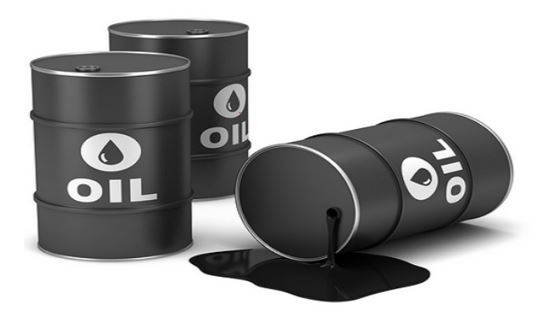The blog is about OPEC’s resolution that puts Nigeria’s projected 2024 oil revenue in doubt and also, how Nigeria opposes oil cut.

At a virtual meeting on Thursday, November 30 2023, the cartel, known as OPEC+, announced additional voluntary cuts to 2.2 million barrels per day (bpd) to support the stability and balance of oil markets. The voluntary cuts by its members are calculated from the 2024 required production level.
At the meeting, which was used to discuss 2024 output amid concerns that the market faces a potential surplus, the cartel said it would raise Nigeria’s production quota to 1.5 million bpd from 1.38 million bpd but that the 8.69 per cent increase would be subject to further consideration.
Opec’s Resolution Puts Nigeria’s Projected 2024 Oil Revenue in Doubt
“In view of current oil market fundamentals, in accordance with the decision of the 35th OPEC and non-OPEC Ministerial Meeting, the completion of the assessment by the three independent sources (IHS, Wood Mackenzie and Rystad Energy) for production level that can be achieved in 2024 by Angola, Congo and Nigeria as follows: Angola at 1,110 t/bd, Congo at 277 t/bd and Nigeria at 1,500 t/bd,” OPEC+ said.
Pumping more than 40 per cent of the world’s oil production, the OPEC+ members agreed that Saudi Arabia extends its voluntary cut of one million bpd it has had in place since July 2023; Russia cut its output by 500,000 bpd while other members also voluntarily reduced production, as the geo-political Israel-Hamas war had further increased tensions between many OPEC+ members and Western countries.
Read on: EXPECT OIL LICENSING ROUND IN 2024
The cartel’s output of some 43 million bpd already reflects cuts of about five million bpd, but Nigeria and Angola have been resisting attempts to curb their production. In June last year, OPEC+ cut Nigeria’s output target for 2024 to 1.38 million bpd from 1.74 million bpd for 2023, further making the country fail to meet its targets for years. At its previous meeting, OPEC+ had agreed to give Nigeria a 2024 quota of 1.58 million bpd if it could pump that much subject to independent verification.

The ICIR analysed that Nigeria’s daily crude production might fall below the 1.78 million bpd budgetary benchmark, according to the African Energy Chamber (AEC) in its ‘The State of African Energy 2024 Outlook’ report. The ICIR analysed that Nigeria’s daily crude production might fall below the 1.78 million bpd budgetary benchmark, according to the African Energy Chamber (AEC) in its ‘The State of African Energy 2024 Outlook’ report.
The AEC projected Nigeria’s daily crude oil output to be 1.51 million bpd 2024. So, compared to the 1.78 million bpd budgetary benchmark, it will represent a 270,000 per day crude oil production shortfall and an N21.05 million daily revenue loss. Despite the OPEC+ quota reduction system, Nigeria has not met its daily crude production target. The Federal government and NNPCL blamed low production output on pipeline vandalism, militancy, and other insecurity as oil production declined. In October 2023, the country’s oil production stood at 1.35 million bpd, the highest production level since the beginning of the year and the most considerable volume since January 2022.
Nigeria Opposes Oil Cut
While Saudi Arabia shoulders the burden of slashing its output by one million barrels a day since July last year, Nigeria contrarily rejected OPEC’s oil quota cut. Ahead of the OPEC+ meeting in November, 2023 Saudi Arabia and its partners had struggled to agree on oil output quotas for 2024. The meeting initially set for Sunday, November 26, was delayed four days as Nigeria and Angola opposed a reduction in their crude oil production quotas. Bloomberg analysts believe that if the OPEC+ don’t reach an agreement, a looming supply surplus could crash crude prices, which would batter the coffers of the 23-nation coalition, which relies on oil revenue to cover government spending.
Read on: NNPC PLANS PUBLIC OFFER AND REHABITATION OF REFINERIES
The Saudi-led alliance had yet to reach an agreement with Angola and Nigeria, which were pushing back against lower quota limits for 2024 that reflect their diminished production capabilities. In particular, Saudi Arabia, which has been making a voluntary oil production reduction of one million barrels per day since July, is asking other coalition members to reduce their quotas to share the burden of cuts. But Nigeria and Angola are disputing changes to their oil production targets provisionally agreed upon when OPEC last met in 2023 June. Nigeria is now seeking a quota of 1.58 million barrels per day for 2024, a slight increase from the provisional level.
